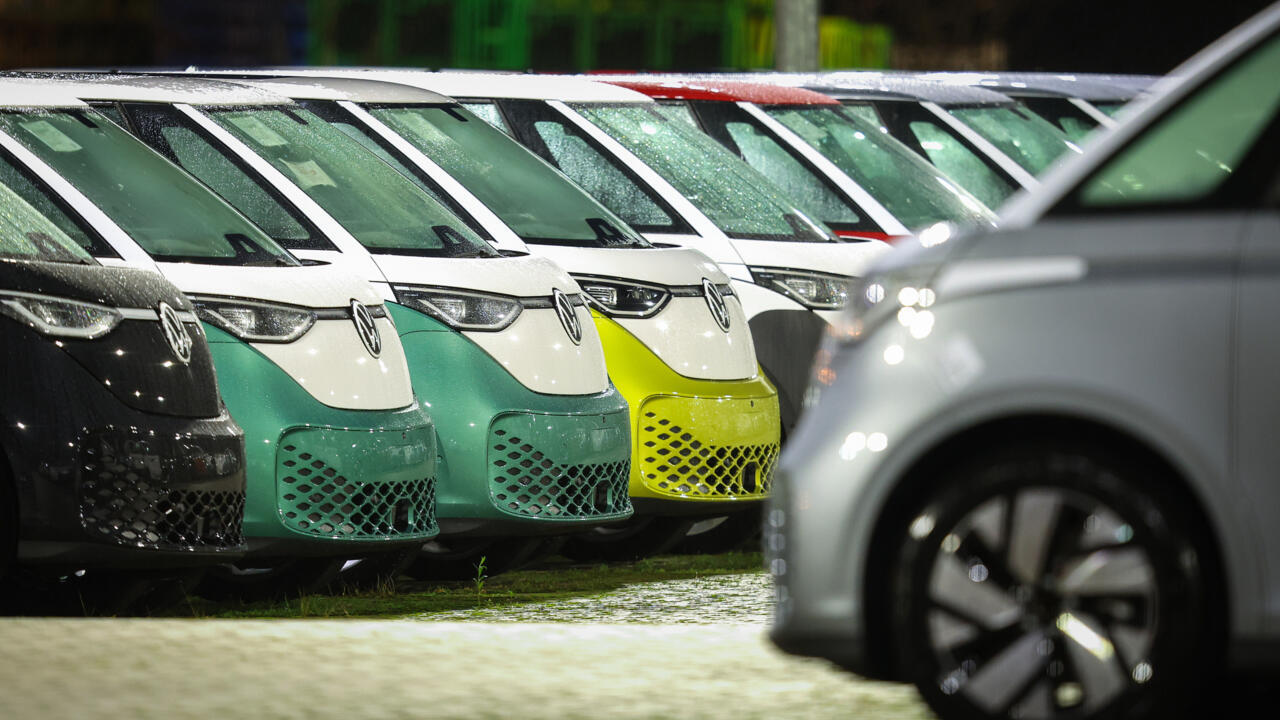“The agreement is good news for Volkswagen,” CEO Oliver Blume said in an interview with the Frankfurter Allgemeine daily.
“We are reducing overcapacity at our German plants. This will enable us to continue manufacturing vehicles in Germany at competitive costs.”
After weeks of tough talks and strikes, Europe’s biggest carmaker announced Friday an agreement that will see 35,000 jobs cut in Germany by 2030, as part of a package to save four billion euros ($4.2 billion) a year.
But unions hailed the deal as VW pulled back from a threat to close plants at home for the first time and has agreed not push through any compulsory redundancies.
Even without shuttering factories, Blume said the agreement would lead to a reduction in production capacity of around 730,000 vehicles a year.
This was “equivalent to the production volume of two to three large plants”, he said.
Volkswagen has been hit hard by rising costs at home, a stuttering switch to electric cars and growing competition in key market China from domestic rivals, particularly in EVs.
The job cuts will fall on the flagship VW brand, at the centre of the carmaker’s crisis, with management long complaining that its manufacturing costs are too high and its profits too low.
The 10-brand automaker’s other brands range from Seat and Skoda to Porsche and Audi.
But investors did not seem impressed with the deal, sending Volkswagen’s shares down more than three percent in afternoon trade in Frankfurt, making it the heaviest faller among firms listed on the blue-chip DAX index.
The crisis at Volkswagen began in September when the auto titan dropped the bombshell that it was considering closing factories in Germany for the first time in its 87-year history, and making heavy job cuts.
Two mass strikes followed, with union IG Metall threatening to launch the biggest wave of industrial action seen in Germany for decades unless VW walked back its most extreme plans.
With the German economy struggling, Blume added his voice to calls for domestic conditions to be improved to help the country’s businesses.
With a new government expected in Berlin after elections in February, he called for lower taxes, fewer bureaucratic hurdles and more affordable energy.
“The main thing is to create the right conditions,” he said. “Germany needs a fresh start — to get off the hard shoulder and back on the fast track.”
© 2024 AFP






